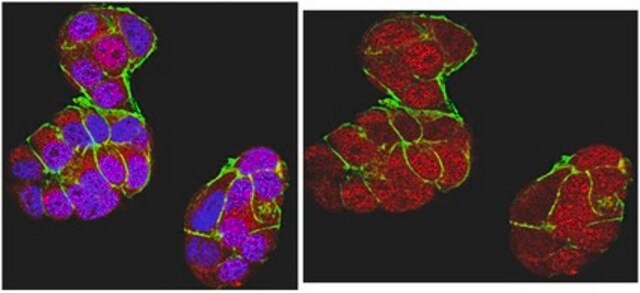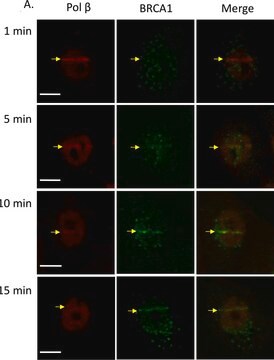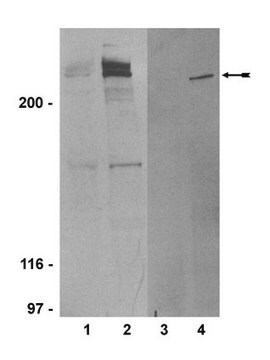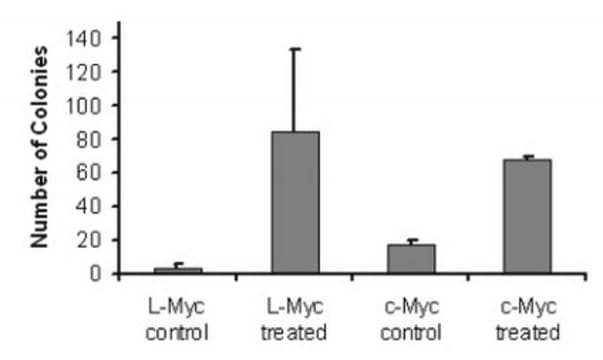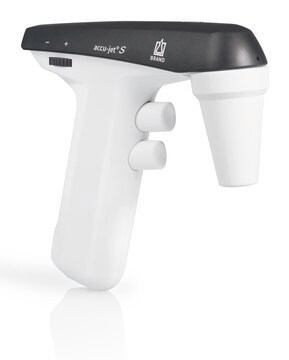MABC161
Anti-BRCA1 Antibody, clone MS13
clone MS13, from mouse
Synonym(s):
Breast cancer type 1 susceptibility protein, RING finger protein 53
About This Item
Recommended Products
biological source
mouse
Quality Level
antibody form
purified immunoglobulin
antibody product type
primary antibodies
clone
MS13, monoclonal
species reactivity
human
technique(s)
immunocytochemistry: suitable
immunohistochemistry: suitable
western blot: suitable
isotype
IgG1κ
NCBI accession no.
UniProt accession no.
shipped in
wet ice
target post-translational modification
unmodified
Gene Information
human ... BRCA1(672)
General description
Immunogen
Application
Immunocytochemistry Analysis: A 1:500 dilution from a representative lot detected BRCA1 in HeLa and A431 cells.
Quality
Western Blot Analysis: 0.5 µg/mL of this antibody detected BRCA1 on 10 µg of HeLa nuclear extract.
Target description
Physical form
Other Notes
Not finding the right product?
Try our Product Selector Tool.
recommended
Storage Class
12 - Non Combustible Liquids
wgk_germany
WGK 1
flash_point_f
Not applicable
flash_point_c
Not applicable
Certificates of Analysis (COA)
Search for Certificates of Analysis (COA) by entering the products Lot/Batch Number. Lot and Batch Numbers can be found on a product’s label following the words ‘Lot’ or ‘Batch’.
Already Own This Product?
Find documentation for the products that you have recently purchased in the Document Library.
Our team of scientists has experience in all areas of research including Life Science, Material Science, Chemical Synthesis, Chromatography, Analytical and many others.
Contact Technical Service